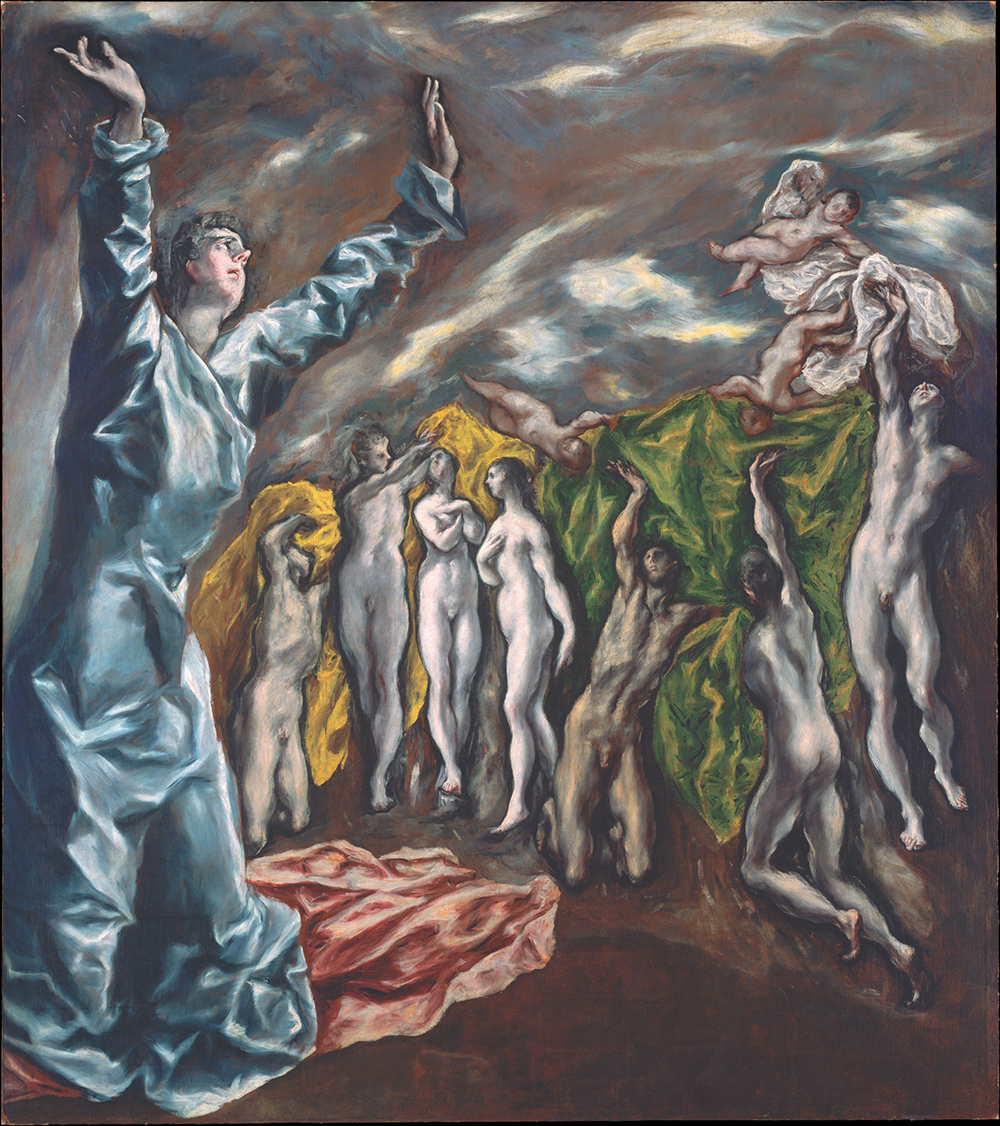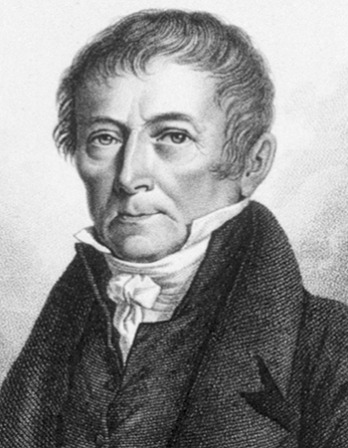In America I saw the freest and most enlightened men placed in the happiest circumstances that the world affords; it seemed to me as if a cloud habitually hung upon their brow, and I thought them serious and almost sad, even in their pleasures. It is strange to see with what feverish ardor the Americans pursue their own welfare, and to watch the vague dread that constantly torments them lest they should not have chosen the shortest path that may lead to it.
A native of the United States clings to this world’s goods as if he were certain never to die; and he is so hasty in grasping at all within his reach that one would suppose he was constantly afraid of not living long enough to enjoy them. He clutches everything, he holds nothing fast, but soon loosens his grasp to pursue fresh gratifications.
In the United States a man builds a house in which to spend his old age, and he sells it before the roof is on; he plants a garden and lets it just as the trees are coming into bearing; he brings a field into tillage and leaves other men to gather the crops; he embraces a profession and gives it up; he settles in a place, which he soon afterward leaves to carry his changeable longings elsewhere. If his private affairs leave him any leisure, he instantly plunges into the vortex of politics; and if at the end of a year of unremitting labor he finds he has a few days’ vacation, his eager curiosity whirls him over the vast extent of the United States, and he will travel fifteen hundred miles in a few days to shake off his happiness. Death at length overtakes him, but it is before he is weary of his bootless chase of that complete felicity which forever escapes him.
At first sight there is something surprising in this strange unrest of so many happy men, restless in the midst of abundance. The spectacle itself, however, is as old as the world; the novelty is to see a whole people furnish an exemplification of it.
Their taste for physical gratifications must be regarded as the original source of that secret disquietude which the actions of the Americans betray and of that inconstancy of which they daily afford fresh examples. He who has set his heart exclusively on the pursuit of worldly welfare is always in a hurry, for he has but a limited time at his disposal to reach, to grasp, and to enjoy it. The recollection of the shortness of life is a constant spur to him. Besides the good things that he possesses, he every instant fancies a thousand others that death will prevent him from trying if he does not try them soon. This thought fills him with anxiety, fear, and regret and keeps his mind in ceaseless trepidation, which leads him perpetually to change his plans and his abode.
If in addition to the taste for physical well-being a social condition be added in which neither laws nor customs retain any person in his place, there is a great additional stimulant to this restlessness of temper. Men will then be seen continually to change their track for fear of missing the shortest cut to happiness.
It may readily be conceived that if men passionately bent on physical gratifications desire eagerly, they are also easily discouraged; as their ultimate object is to enjoy, the means to reach that object must be prompt and easy, or the trouble of acquiring the gratification would be greater than the gratification itself. Their prevailing frame of mind, then, is at once ardent and relaxed, violent and enervated. Death is often less dreaded by them than perseverance in continuous efforts to one end.
From Democracy in America. After publishing an optimistic first volume in 1835, Tocqueville came to think of his work as “distorted, common, and false.” His second volume, in which this section appeared, expressed disillusionment with the failures of liberal reforms. “I see only poltroons who tremble at the least agitation of the human heart,” he wrote the next year to Democracy’s English translator about his native France. “We no longer know how to want, or love, or hate.”
Back to Issue






